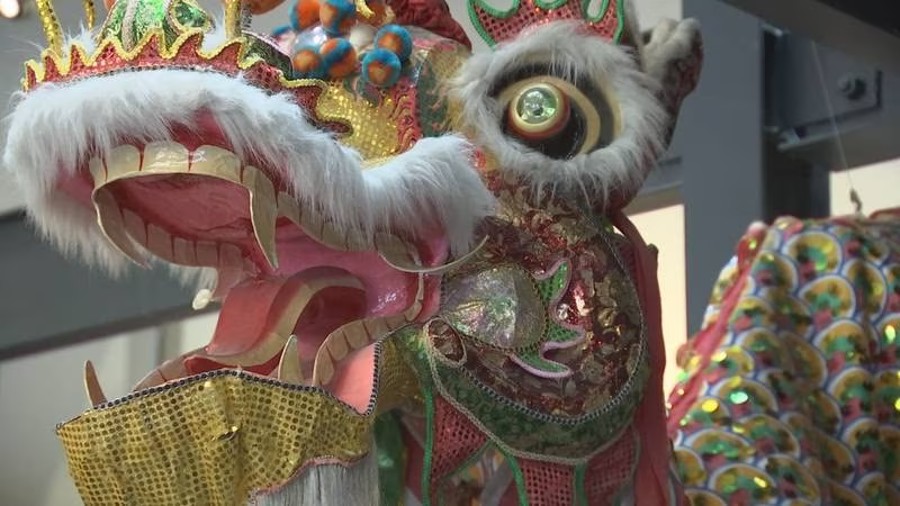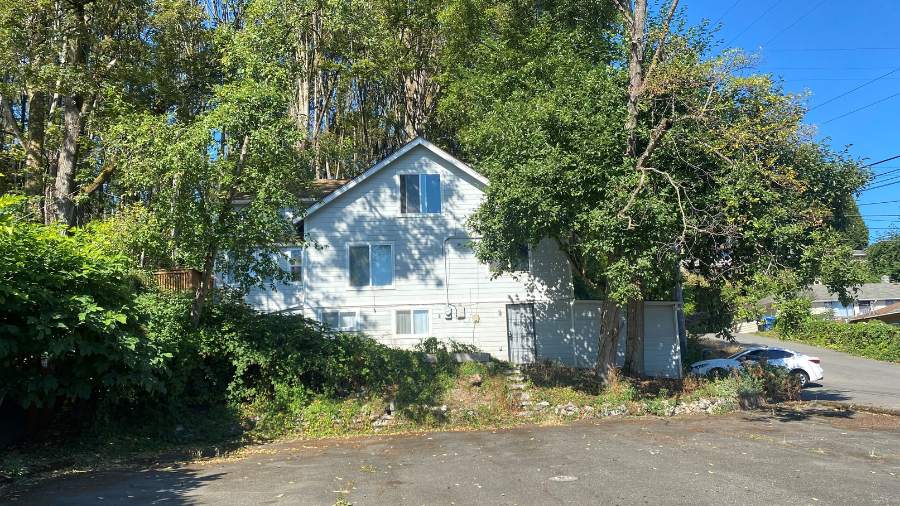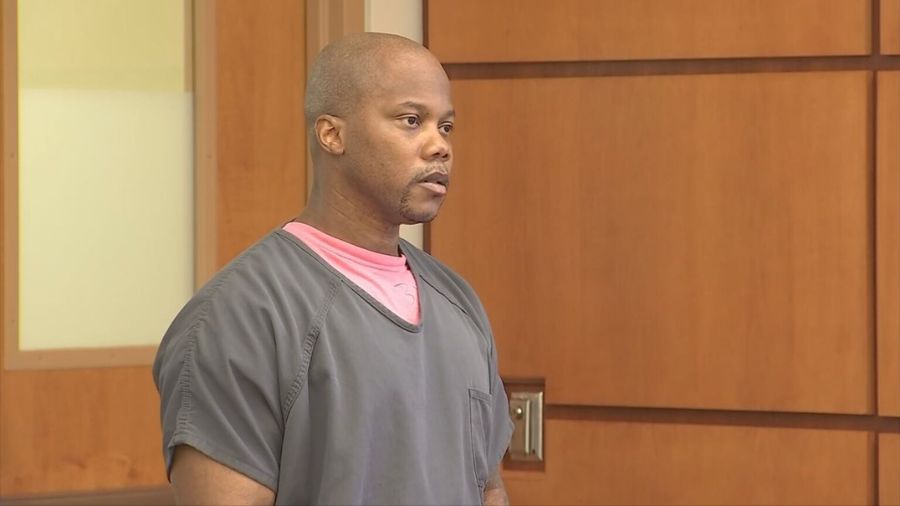‘Serial killers voting’: Argument over prisoner rights bill gets intense in Olympia
Jan 19, 2024, 6:24 PM | Updated: Jan 22, 2024, 10:19 am

The Washington State Capitol campus in Olympia. (Photo: Getty Images)
(Photo: Getty Images)
People incarcerated for felony crimes, including rape and murder, in Washington prisons could get back their right to vote, serve on a jury, or run for office— if a new bill is approved this session by state lawmakers.
House Bill 2030 (HB 2030), which had a public hearing in the State Government & Tribal Relations committee Tuesday, would effectively allow anyone incarcerated in a state prison to vote or sit on a jury. Under Washington’s constitution, those convicted of “infamous crimes”— a felony that puts them in state of federal prison— are stripped of those rights during their incarceration. The state has already taken steps to change that, passing a measure in 2022 to restore voting rights immediately upon release from prison. (A PDF of the bill can be viewed here.)
The bill’s primary sponsor, Rep. Tarra Simmons, D-Bremerton, wants to take that a step further. Simmons, a formerly incarcerated person herself, has pushed for the policy since she became a lawmaker in 2020.
“Here in America, we take away the right to vote and it’s very much rooted in racism,” she told the committee. “Mass incarceration is an evolution of slavery. Other countries don’t take away your right to vote when you are convicted of a crime or sent to prison.”
Vocal opposition to the bill
Republican lawmakers are strongly opposed to the idea, saying it is the wrong time to consider such a measure at a time when violent crime is on the rise in Washington.
“So, effectively this bill says that anyone currently serving a felony sentence for vehicular homicide, or for vehicular assault, they can all sit on a jury panel on a DUI charge,” said Republican Rep. Greg Cheney (R-Battle Ground). He called the idea “absurd on its face.”
More from Olympia: Hearing on Inslee plan to compel oil company price transparency prompting accusations
The bill proposes narrowing the definition of an infamous crime to only “a state crime punishable by death.” But Cheney, alongside Rep. Sam Low, R- Lake Stevens, and Rep. Leonard Christian, R-Spokane Valley, pointed out that in 2018 the Washington Supreme Court determined that the death penalty is unconstitutional— and Gov. Jay Inslee signed a bill to formally abolish it last April. Because of that, HB 2030 would essentially extend voting rights to every incarcerated person, according to the three lawmakers.
“When I read this bill, I thought of one person: (Green River Killer) Gary Ridgway,” Low said, referring to the serial killer who murdered at least 49 teenage girls and women in Washington.
“Would Gary Ridgway’s rights be restored with this bill?” he asked Simmons during the hearing.
“Yes, they would,” she responded.
NEW: Bill proposed in #waleg would allow people imprisoned for felonies like rape and murder to be able to vote, serve on a jury, or run for office while still behind bars.
Republicans ask if that includes people like the Green River Killer: 👇
Full story soon on @Mynorthwest pic.twitter.com/uTW2tz3XNc
— Kate Stone (@Kattressa) January 19, 2024
Republicans are not the only ones expressing concerns with the idea. Brian Hatfield, a spokesperson for Democratic Secretary of State Steve Hobbs said they interpret the legislation to allow for people serving felony sentences to run for office. Hatfield said Hobbs has strong objections to “restoring the ability to vote until a person has paid their debt to society.” He also pointed out the logistical concerns associated with transporting people from prison to serve on juries or perform the duties of an elected office.
Those currently behind bars had a chance to speak as well—testifying via Zoom from the Washington Corrections Center in Shelton.
‘Righting a historical wrong’
Charles Longshore, an incarcerated Skokomish tribal member, told lawmakers the bill is “righting a historical wrong.” He said indigenous people are incarcerated at the highest rate of any race or ethnicity in Washington. Longshore is currently serving a sentence for second-degree murder but said, “Regardless of incarceration, I’m a member of our state’s original people. That should count for something. I shouldn’t be here in 2024 fighting for an Indian to have the right to vote.”
He told lawmakers he is at a point in life where he is rehabilitated but feels disenfranchised.
Derrick Jones, the current president of the Black Prisoners Caucus at the WCC, echoed those sentiments.
“I’ve been incarcerated for 26 years,” Jones said while urging lawmakers to consider the impacts of the bill on people like himself. “When a person comes into the knowledge of his social responsibility, we begin to feel like we’re connected to something that’s greater than ourselves.”
“Unfortunately, I’ve also observed the tragedy of isolation— of what it looks like when a person feels like they’re disconnected or that they’ve been silenced.”
More from Kate Stone: No more ‘spring forward’ if new bill passes Wash. State Legislature
Rep. Simmons agreed, telling committee members there is no public safety threat in expanding civil rights. “They’re not going to use their ballot to commit a crime. They’re not going to use their ballot to hold somebody up or anything like that. So, I really wonder why we take it away.”
An estimated 4.6 million people in the United States cannot vote due to a felony conviction. There are around 13,000 people in Washington’s prisons, although not all of them are citizens. If Washington enacts HB 2030, it would join only Maine, Vermont and the District of Columbia in allowing prisoners to vote.
You can read more of Kate Stone’s stories here. Follow Kate on X, formerly known as Twitter, or email her here.













